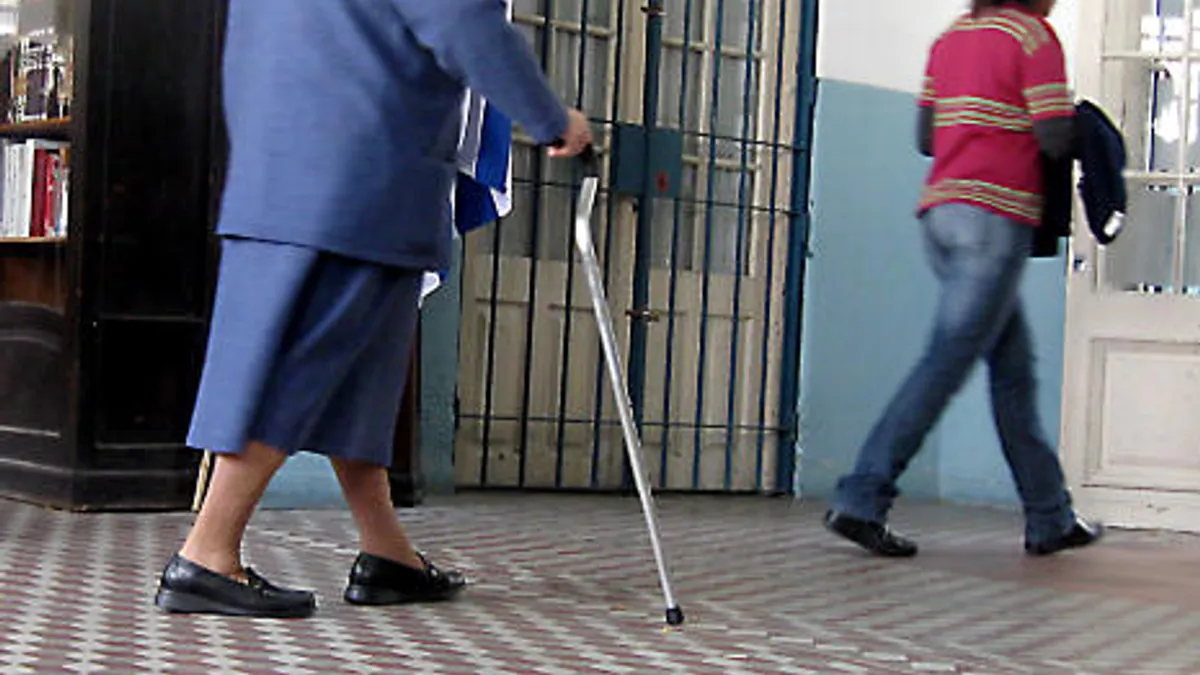Dive Brief:
- Challenges and opportunities created by the Affordable Care Act are prompting two-thirds of companies to consider altering their pre-65 retiree health strategies over the next few years, according to a new Aon Hewitt survey.
- Of that 66%, 35% are favoring sourcing health coverage through the public exchanges under a defined contribution approach. 28% are considering eliminating pre-65 retiree coverage and subsidies altogether.
- According to the 2015 Retiree Health Care survey of 349 companies covering 3.2 million retirees, 84% of companies say they plan to make changes to their pre-65 retiree strategies to mitigate the excise tax on high cost employer health plans when it goes into effect in 2018.
Dive Insight:
Aon Hewitt found that very few companies have already taken action with respect to their pre-65 strategies. Just 6% of companies have already decided to move some portion of their pre-65 retirees to the public exchanges to secure health coverage, and another 9% are offering retirees a choice between the group program and the public exchanges.
"Most companies are looking closely at altering their pre-65 retiree strategies to reduce cost and relieve the looming excise tax risk facing employers and retirees, but they are waiting on the outcome of the King v. Burwell U.S. Supreme Court case before taking action," says John Grosso, leader of the Aon Hewitt Retiree Task Force.
The King case will determine whether or not states that chose not to establish their own healthcare exchanges under Obamacare were still intended to receive subsidies from the federal government to help consumers afford their health plans. If the plaintiffs win, millions of Americans could lose their insurance subsidies and be forced out of the insured healthcare market.
"Health exchanges are attractive because they enable companies to take advantage of the health care efficiencies found in the individual market, and when you have efficiency on top of competition, you will see better financial outcomes for both companies and retirees," says Grosso.














